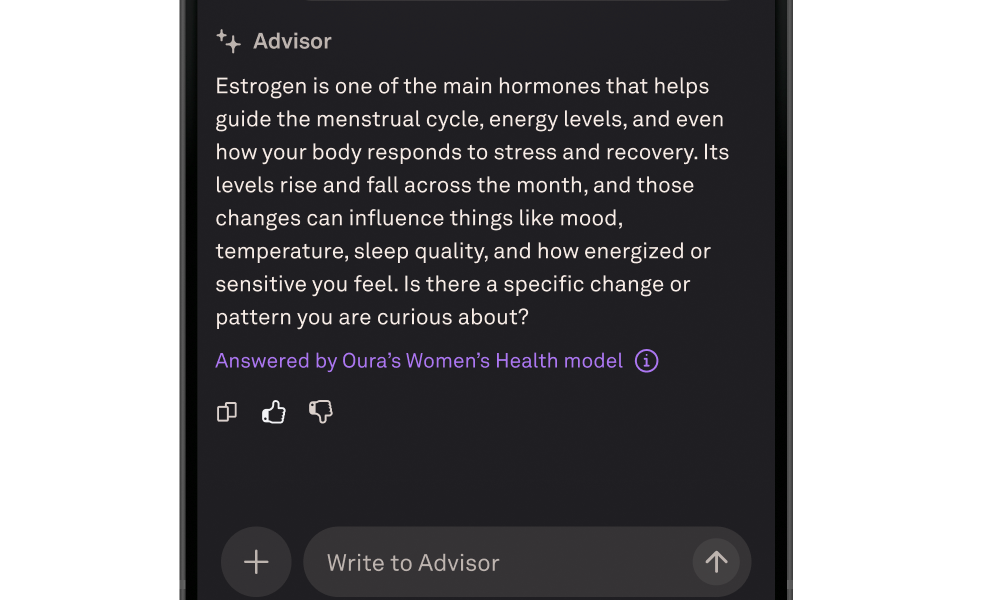The publication of the first draft of the General-Purpose AI Code of Practice represents a major milestone in the regulation's journey. This development means the first of four iterative drafting rounds, ending in April 2025, is complete. The first draft was authored by independent experts who hold appointments as Chairs and Vice-Chairs of four thematic working groups.
The final document will provide guidelines for developing and deploying safe and trustworthy general-purpose AI models; establish rules for transparency and copyright; and detail a taxonomy of systemic risks, risk assessment measures, and technical and governance mitigation measures for general-purpose AI systems that could pose a systemic risk.
The first draft will be discussed next week with nearly 1,000 stakeholders, including representatives from EU Member States and international observers. From Monday to Thursday, there will be a meeting with each working group's Chairs, who will offer updates on the drafting process to invited stakeholders for feedback. Then, on Friday, November 22, the Chairs will present before the full Plenary.
Stakeholders have until November 28 to submit feedback, ensuring a collaborative approach to shaping the future of AI regulation in Europe. Upon receiving external feedback Chairs may adjust some measures in the draft and add more detail to the Code. Notably, the Chairs and Vice-Chairs are expected to continue endorsing their drafting principles, which prioritize the development of measures, sub-measures, and key performance indicators (KPIs) that are proportional to the risks and take the model providers' sizes into account by providing simplified compliance options for SMEs and startups. The Code of Practice is also expected to consider exceptions for providers of open-source AI models.







Comments